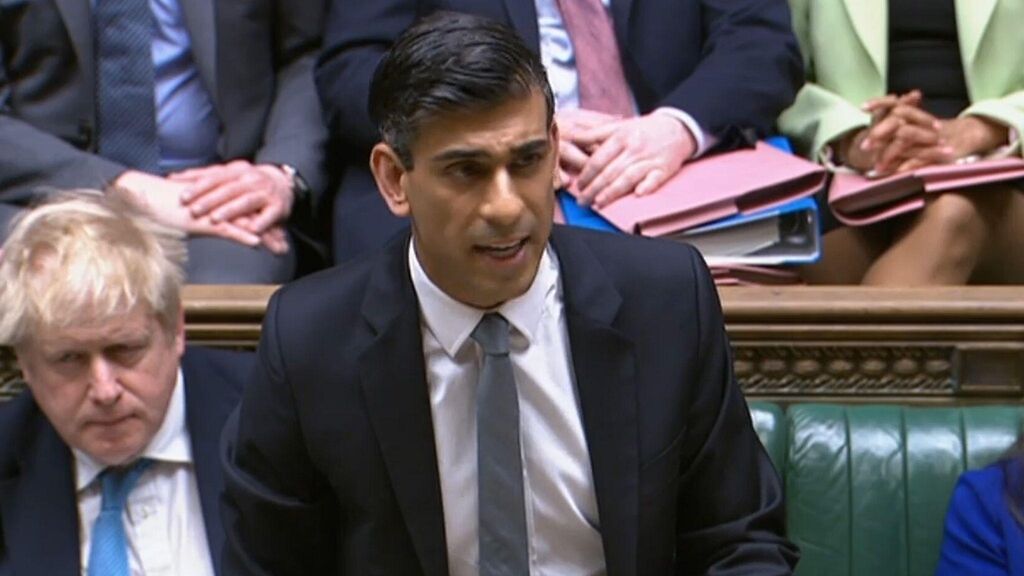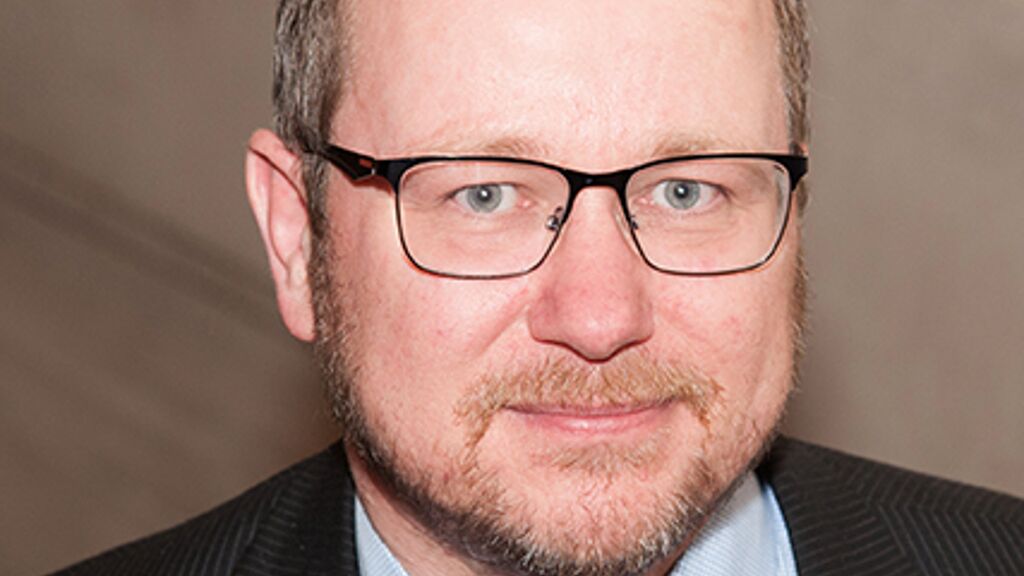Pornography
Rishi Sunak: We will pass Online Safety Bill

Prime Minister Rishi Sunak has pledged to introduce flagship online safety legislation before next spring, amid concerns the government is running out of parliamentary time.
The assurance was made in a text message to the father of Molly Russell, a teenager who took her own life after being bombarded with self-harm and suicide content on social media.
Culture Secretary Michelle Donelan told Ian Russell, a prominent campaigner for better online safety since his daughter's death, that she and Rishi Sunak are "personally committed" to changing the law.
The Online Safety Bill has been bogged down for several months due to concerns that elements of the legislation would undermine freedom of expression in the online sphere.
Civil liberties groups fear that controversial provisions targeting "legal but harmful" content would see tech companies policing opinions that they deem problematic in order to avoid fines.
CARE has also raised the alarm about the 'legal but harmful' proposals, which could see Christians expressing orthodox beliefs about marriage, sexuality, or biology censored.
Last week, it emerged that the Online Safety Bill could be scrapped altogether unless ministers move quickly and bring the legislation back in front of MPs by the end of November.
Internal advice from officials within the Department for Digital, Culture, Media and Sport showed ministers have been warned they risk letting the Bill fall. The document states:
“You must decide whether to progress with the July 2022 version of the Bill; or whether to propose changes to the legal but harmful regime, which will extend its parliamentary passage timeline.”
It adds: "If we don’t move quickly there is a real risk that PBL [the Parliamentary Business and Legislation Committee] will withdraw the bill if they judge it will not pass in time.”
Almost 40 charities including the NSPCC, Barnardo’s and 5Rights Foundation have written to the Culture Secretary urging her to bring the Bill back to the Commons this month.
Analysis by Tim Cairns of CARE

The major area of contention in the Online Safety Bill is the regulation of speech. The Bill requires that speech, even speech which breaks no laws, should be regulated if it is deemed to be harmful. These sweeping provisions would give unprecedented power over public discourse to the owners and operators of large social media platforms. That’s hardly befitting of a democratic society.
What is and is not deemed to be permissible speech in the UK is not a matter for Silicon Valley. And concerns about companies curbing “harmful speech” is potentially going to kill the Bill – to the detriment of vulnerable groups who stand to be protected. Millions of children could lose vital protection online, and victims of sexual exploitation and abuse would also be let down.
One way forward is to amend the legislation to apply to children only. This approach isn’t the best one, in our view. Rather what the Government needs to do is move quickly to remove the controversial parts from the Bill, pledge to deal with them in separate legislation, and move forward with the parts of the Bill upon which agreement exists. Pragmatism is called for, for the wider good.
In multiple surveys the will of the British population is clear. People want online pornography to be regulated. Not just the public. Parliament, in Part 3 of the Digital Economy Act, legislated for action on explicit content. The Government chose not to implement that legislation, rather they gave a promise that a more comprehensive piece of legislation would be brought forward later.
Having removed the speech elements of the Bill, the Government should then set out to define what pornography is. Whilst the Bill proposes that children are protected through age verification, the Bill fails to set out what exactly children are to be protected from and what content requires age verification. This approach is out of step with other legislation.
Offline pornography and what can be shown by video-on-demand services, such as Netflix, is already defined in law. A similar definition could be incorporated into the Bill to ensure that offline and online pornography is held to the same standard. This is only right – children and others who are protected from specific content offline and on television should be safeguarded elsewhere too.
The Government’s consideration of how to regulate pornography should not solely be focused on children. Clear evidence, as highlighted in awful cases like that of Sarah Everard, confirms that adults viewing pornographic content is a contributing factor in increased violence against women and girls. Such content is freely available on the internet, despite being outlawed elsewhere.”
Fixing the Bill need not be difficult, but it needs to be done quickly. Parliament stands at a watershed moment. If the Bill falls, generations to come will look back and wonder why we allowed children free access to the most extreme pornographic content imaginable. This isn’t about prudishness as some claim. It’s about protecting vulnerable human beings from something that hurts them.
Failing to act is not an option, the Government needs to regulate pornography and move the Bill through Parliament fast. We stand ready to assist them in this endeavour, as do others.
Share
